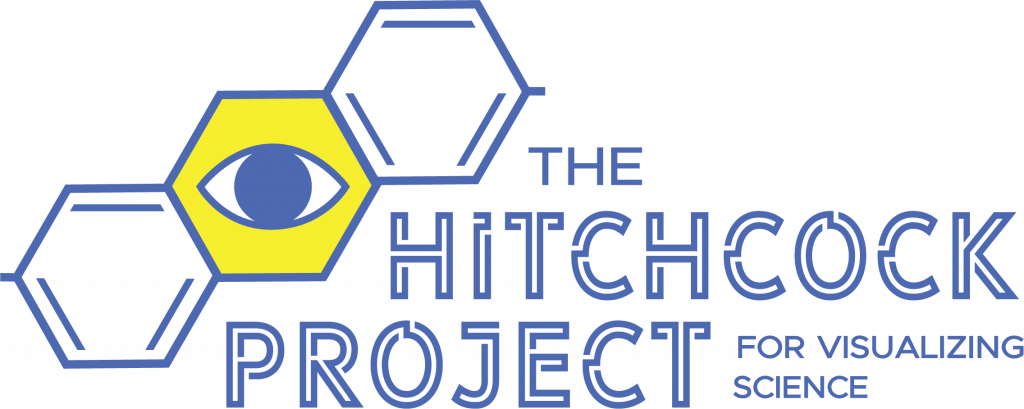Lessons from the Dead: Nevada’s Future Doctors to Begin Dissection Despite COVID-19 Challenges
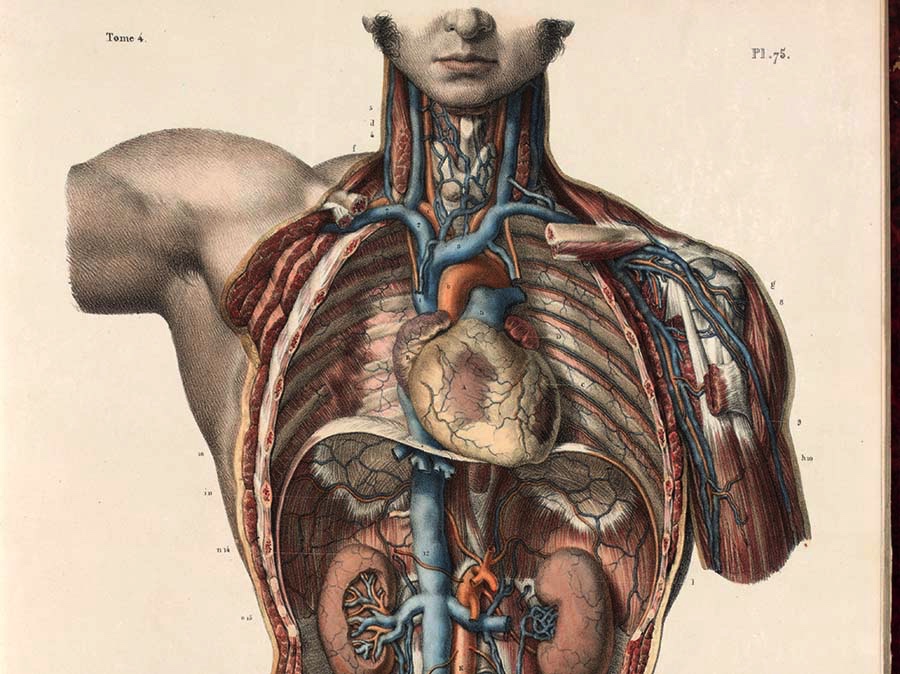
On October 1st, first year medical students begin dissecting the human cadavers housed at the Pennington Health Sciences gross anatomy lab at UNR. Lab manager Lindsay Pisani gives us a tour and talks us through what has changed for the gross anatomy course since the start of the pandemic.
How Close Is Nevada To Achieving Herd Immunity For COVID-19?
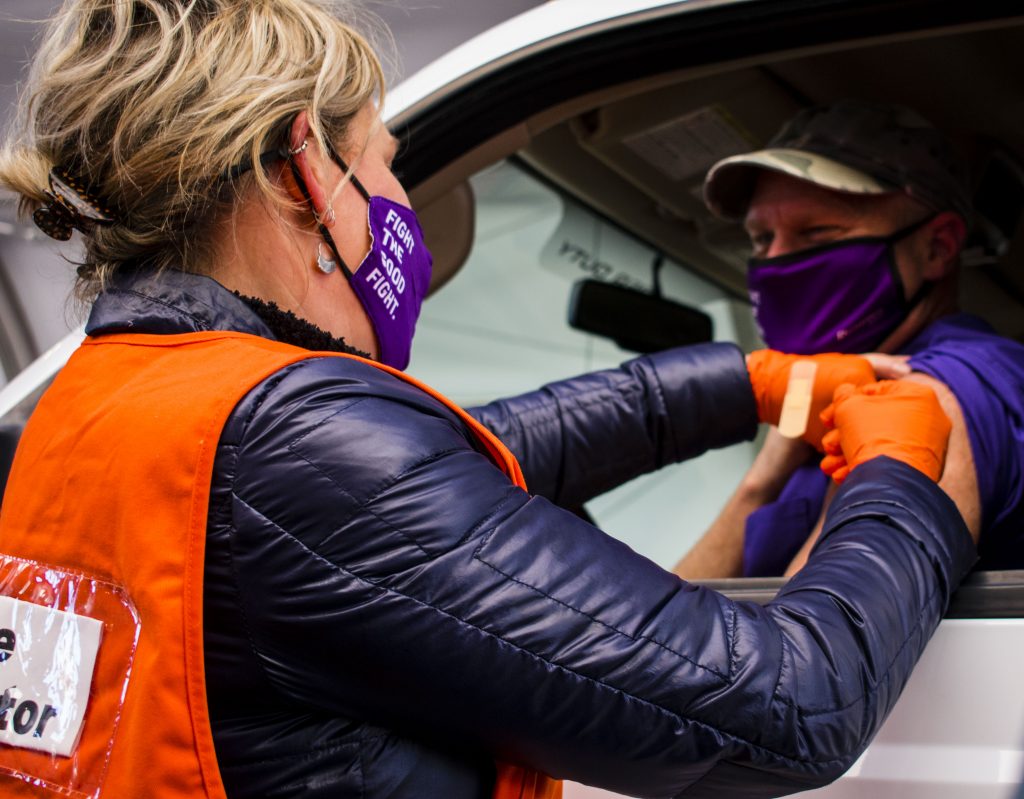
The number of vaccines administered to Nevadans grows daily, however, the biggest obstacle for the state is acquiring enough vaccine for the population. This has the potential to put herd immunity at risk as the COVID-19 pandemic continues.
For Veterans and People with Emotional Trauma, Trained Service Dogs Can Help

Nevada ranks the worst for mental health in the United States, but service dogs can help provide emotional support to people experiencing PTSD, suicidal thoughts, drug and alcohol abuse, and other mental health issues.
Nevada’s COVID Testing Rates Are Improving, But Still Lag Behind W.H.O Recommendation
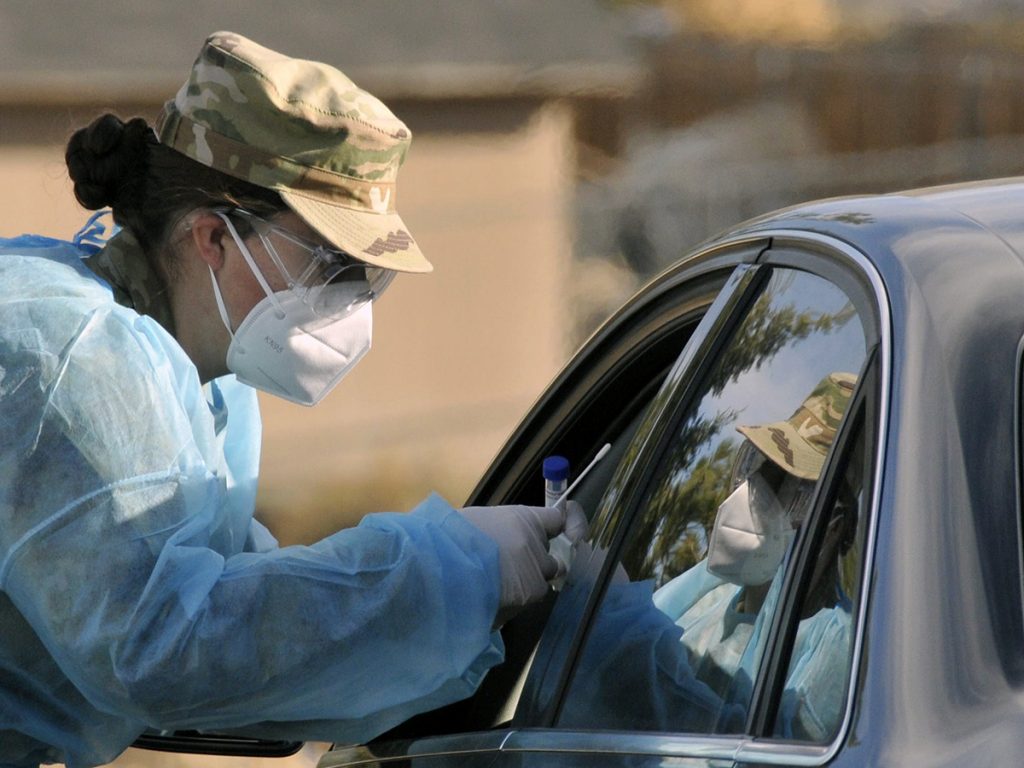
For the past seven months, Nevada’s Covid test positivity rate has been far too high.
Blue light glasses for preventing eye strain: just a fad, or do they really work?

Speedy tracing of food poisoning can stop illness in its tracks
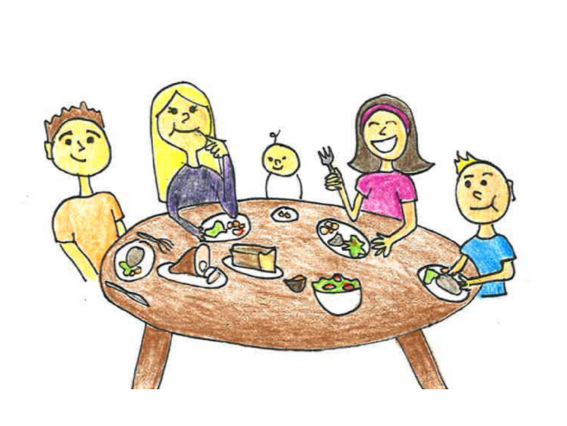
Public health officials serve as detectives, looking for patterns in peoples’ sickness and testing foods and even restaurant equipment to find the source.
Project screens DNA of Nevada volunteers to prevent disease

In 2019, Nevada ranked 35th in population health in the United States. This is in part due to high rates of cardiovascular disease, chronic health conditions and premature death. A number of factors influence people’s health in a given geographic area, one of which includes a person’s genes, which can show a person’s likelihood of developing […]
Reporter takes DNA test to partake in research aiming to boost health of all Nevadans
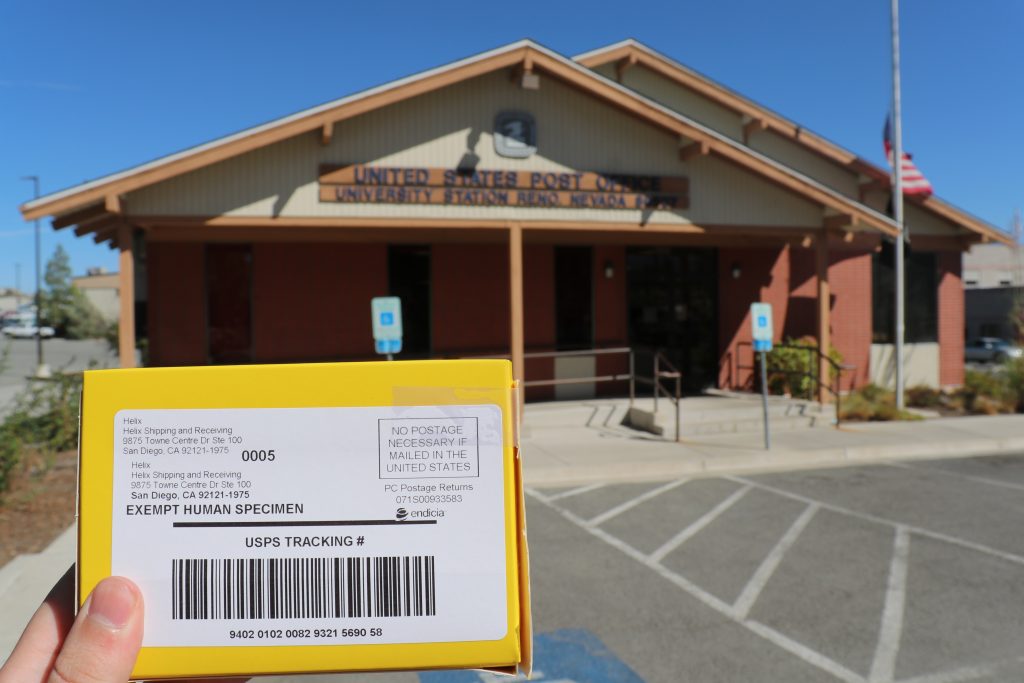
The Healthy Nevada Project can sequence your DNA to tell if you are genetically at-risk for developing certain diseases.
Care Center For Children With Learning Disabilities Says It Will Stay Open

Many families with children with disabilities rely on care centers to support overwhelmed parents and to provide care in an emergency situation. But during the pandemic, one center is struggling to retain volunteers.
Distance Learning A Particular Challenge For Students With Autism
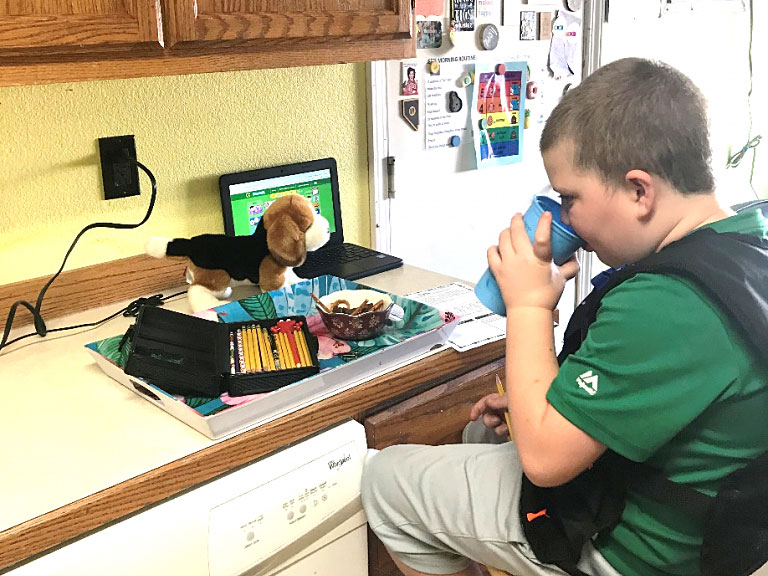
Face coverings, distance learning and barren playgrounds have changed the school day. It’s a particular challenge for students with autism, who rely on routine.


